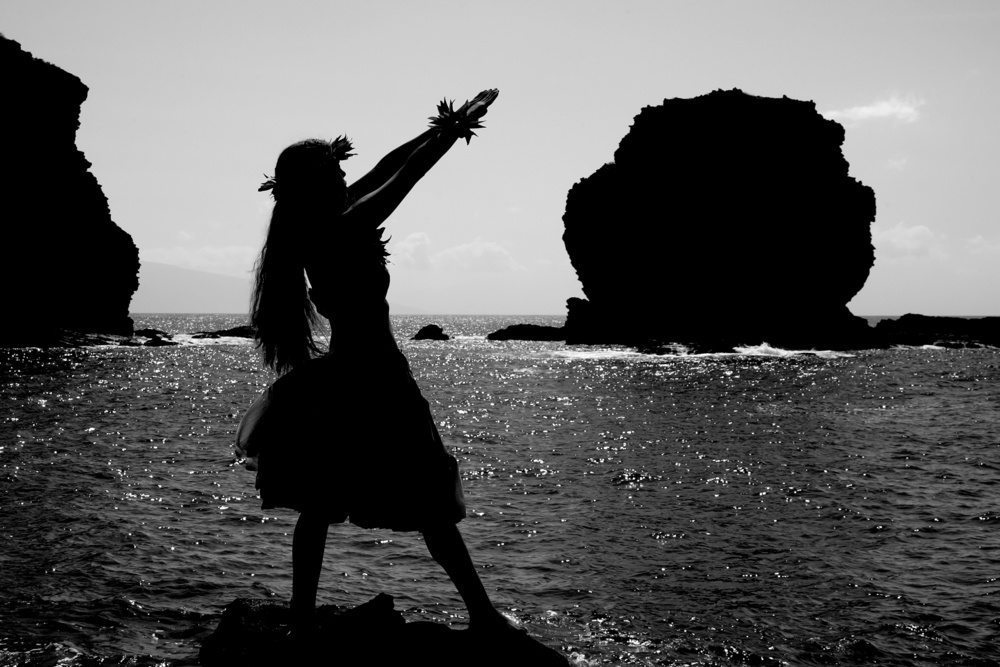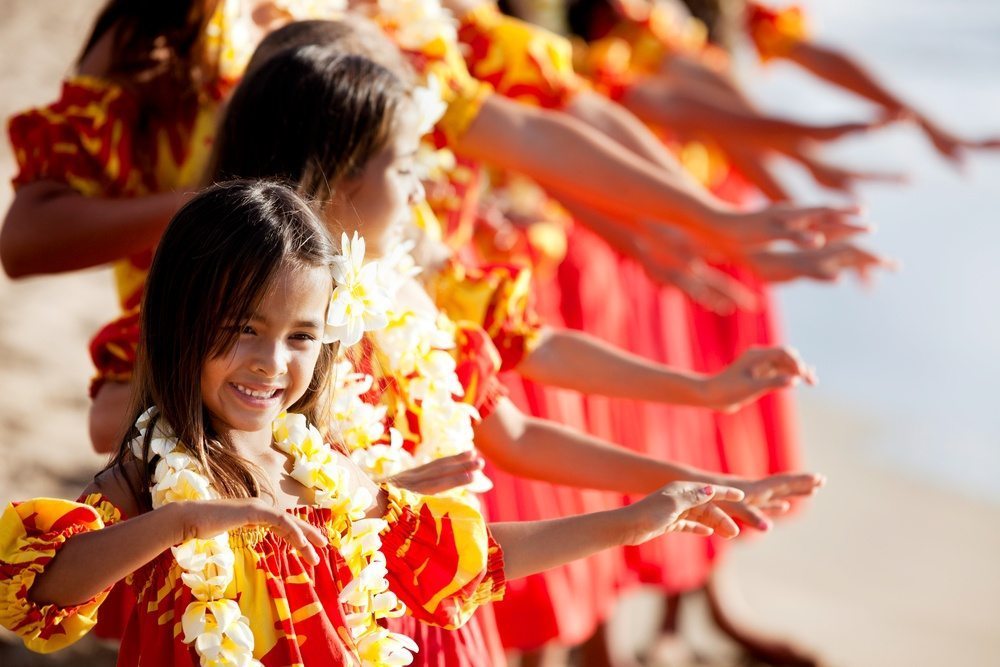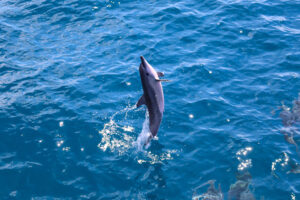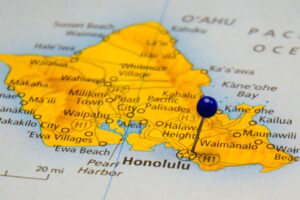When you come to Hawaii for your vacation, you’re bound to hear some of our favorite phrases, like Aloha and Mahalo, in addition to some Hawaiian slang. You’ll maybe even start using some of the phrases while you’re here! But our language has a rich history and there are many Hawaiian words that have an interesting origin or meaning. Did you know that Hawaiian, along with English, is an official language of the state of Hawaii but it’s also considered an endangered language? And it may not be well known, but King Kamehameha III established the first Hawaiian-language constitution in 1839. Take a look at some of our language here.

Āina – Hawaiian ancestral lands. This word also expresses the sentiment of connecting to the land. And that’s easy to do here in Hawaii! Whether it’s on a hike or a stroll along the beach, it’s easy to connect with nature and the beautiful landscapes around you while on vacation.
Aumakua – Ancestral spirit, family or personal gods. This word embodies the idea of being both a heavenly and an earthly nature. An aumakua is an ancestor that has died and has come back in a different form, maybe as a plant, flower, or animal, and they communicate with their family left behind on earth.
Hālau – Long house, as for canoes or hula instruction. The word literally means branch from which many stems grow, but it also has the meaning of being a school, or a place of instruction. And if you think about it, knowledge is kind of like a brand that helps you grow – pretty cool, huh?
Visiting Hawaii with your family? Download our Free Family Guide NOW!
Hapa haole – Person of mixed racial ancestry. Formerly a derrogatory term that meant someone who is half Hawaiian and half “Haole” or Caucasian, this term is now used to also signify things that are hybrid or influenced by Western culture.
Huli-huli – Rotisserie or literally ‘end-over-end’ as in chicken cooked this way. This one makes our mouths water and has us hoping for an invite to our neighbor’s barbeque where we’ll see lots of this going on!
Kahiko – Ancient hula dance. Unlike the popular hula dances of today that are performed with ukeleles and grass skirts, the Kahiko is an ancient tradition of hula that has no musical accompaniment and is just chanting dedicated to the gods and goddesses. Each Kahiko is dedicated to a certain deity, and it is the task of the Kumu Hula, or master teacher, to create or refine a chant and choreograph the hula to accompany it.
Kanikapila – Musical jam session. This word is made up of two: kani, which means sound, and pila, which means string instrument. Put the two together and you have a great word that signifies those impromptu jam sessions you’ll hear at the family barbecue or a gathering on the beach.

Lei – A necklace of flowers, leaves, shells, and or feathers, given as a symbol of affection. You’re bound to see a Lei within your first 5 minutes off the plane once you arrive in Hawaii. It’s one of the ways we greet our guests! And the word “Leilani”, which is also a common girls’ name, means “heavenly flower”.
Lū‘au – Literally means taro leaves, but used for a Hawaiian feast. And let’s hope you get to go to one! There’s always plenty of good food, dancing, and music for all.
Mele – Chant or melodic song, often used for hula dancing. If you’re in Honolulu, check out the Bishop museum for a peek into their mele index, which has a full database of Hawaiian songs and chants.
Pono – Righteousness. This concept, which many Hawaiians take to heart, is part of the state motto: “Ua Mau ke Ea o ka Aina i ka Pono”. This roughly translates to: “The life of the land is perpetuated in righteousness”, and it embodies the spirit of being selfless and taking care of the land as many Hawaiians do.
![]()












